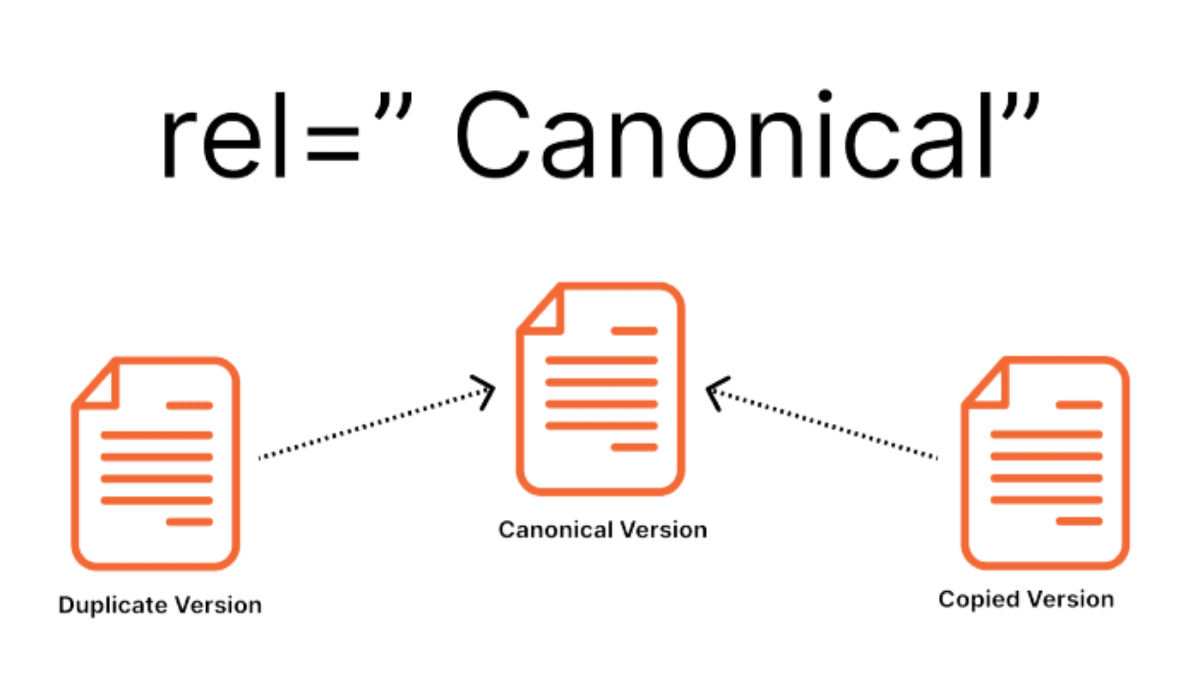Canonical text refers to an authoritative and widely accepted work within a particular field, serving as a benchmark for reference, study, and interpretation. The term “canonical” originates from the Greek word kanon, meaning “rule” or “standard,” which signifies its role in defining norms and setting guidelines. Canonical texts exist in various domains, including literature, religion, linguistics, and digital content, where they establish authenticity and credibility.
In literature, canonical texts are classic works that have shaped storytelling, literary traditions, and critical thought, such as Shakespeare’s plays, Homer’s epics, and Jane Austen’s novels. These texts are studied in academia to understand historical, cultural, and philosophical perspectives. In religious studies, canonical texts like the Bible, Quran, Vedas, and Torah serve as foundational scriptures that guide faith, ethics, and spiritual practices. Linguistics also relies on canonical texts to analyze the evolution of language, grammar, and syntax, referencing works by Geoffrey Chaucer or Noam Chomsky
Table of Contents

Definition of Canonical Text
A canonical text refers to an authoritative, widely accepted, and recognized work that serves as a standard within a particular domain. The word “What is Canonical Text” is derived from the Greek term kanon, which means “rule” or “standard.” These texts are often used as benchmarks or references due to their credibility, authenticity, and historical importance.
Canonical Text in Literature
In literary studies, a canonical text is a work that holds high cultural, educational, and intellectual value. These texts form the literary canon, influencing generations of writers, scholars, and readers. They are often included in academic curricula and considered essential for understanding literary history and evolution.
Examples of Literary Canonical Texts:
- William Shakespeare’s plays – Hamlet, Macbeth, Romeo and Juliet
- Homer’s epics – The Iliad and The Odyssey
- Jane Austen’s novels – Pride and Prejudice
- Herman Melville’s classic – Moby-Dick
- George Orwell’s dystopian fiction – 1984
These works have shaped literary traditions, reflecting the cultural, historical, and philosophical ideas of their time.
Canonical Text in Religious Studies
Religious canonical texts are sacred writings that form the foundation of faith, beliefs, and practices in different religions.
Examples of Religious Canonical Texts:
- The Bible – Christianity
- The Quran – Islam
- The Vedas – Hinduism
- The Tripitaka – Buddhism
- The Torah – Judaism
These texts guide moral, ethical, and spiritual aspects of life, influencing millions of followers worldwide.
Canonical Text in Linguistics
In linguistics, canonical texts play an essential role in studying the development of language, grammar, and literary conventions. These texts often serve as models for understanding the evolution of language.
Examples:
- Geoffrey Chaucer’s The Canterbury Tales – An essential reference for Middle English.
- William Caxton’s printed works – Important for early Modern English development.
- Noam Chomsky’s linguistic theories – Fundamental in modern syntax and grammar studies.
Canonical Text in Digital Content and SEO
In the digital world, the concept of “canonical” takes on a slightly different meaning. Canonical URLs in SEO refer to the preferred version of a webpage that search engines should index. This practice helps prevent duplicate content issues and ensures proper ranking on search engine results pages (SERPs).

what is canonical text.
https://example.com/pagehttps://www.example.com/pagehttps://example.com/page?ref=123
A canonical tag (<link rel="canonical" href="https://example.com/page">) tells search engines which version should be prioritized.
The Importance of Canonical Texts
Canonical texts serve as foundational references across multiple domains, preserving cultural heritage, intellectual traditions, and digital credibility. Their significance lies in:
- Establishing standards – They set benchmarks for literature, religious practices, language studies, and digital content management.
- Ensuring consistency – Canonical texts provide uniformity in interpretation, study, and application.
- Preventing misinformation – Recognized canonical sources help maintain authenticity and credibility.
- Influencing education and research – Scholars and educators rely on canonical texts for academic purposes.
- Enhancing SEO and digital strategies – Proper canonicalization helps website owners optimize their online presence.
How to Identify a Canonical Text:
- Historical and Cultural Recognition – It has been widely accepted and referenced over time.
- Scholarly or Religious Authority – It is endorsed by academic institutions or religious authorities.
- Influence and Impact – It has significantly shaped ideas, beliefs, or practices within a particular field.
Challenges Surrounding Canonical Texts
Despite their importance, canonical texts are sometimes subject to debate and criticism. Some common challenges include:
- Exclusivity and Bias – Literary and religious canons often exclude works from underrepresented cultures or perspectives.
- Changing Interpretations – Over time, the meaning and relevance of canonical texts may evolve, leading to differing views.
- Digital and SEO Complexity – In the digital world, improper use of canonical tags can lead to indexing issues and SEO inefficiencies.
Conclusion
Canonical texts play a vital role in literature, religion, linguistics, and digital content management. They serve as benchmarks, guiding principles, and authoritative references that shape cultural, intellectual, and online landscapes. Understanding the significance of canonical texts allows us to appreciate their influence and ensure their appropriate application in various domains..





